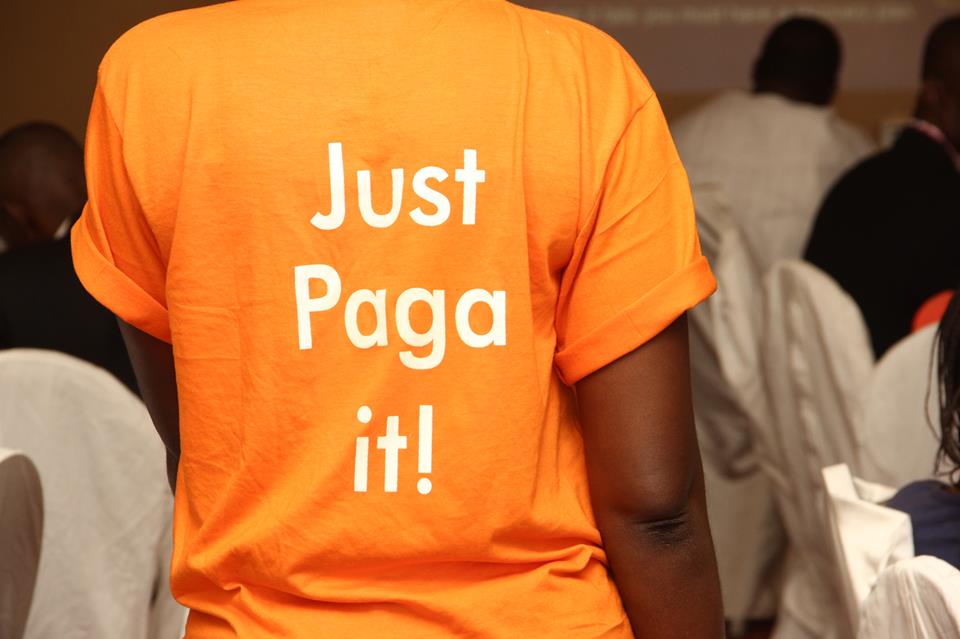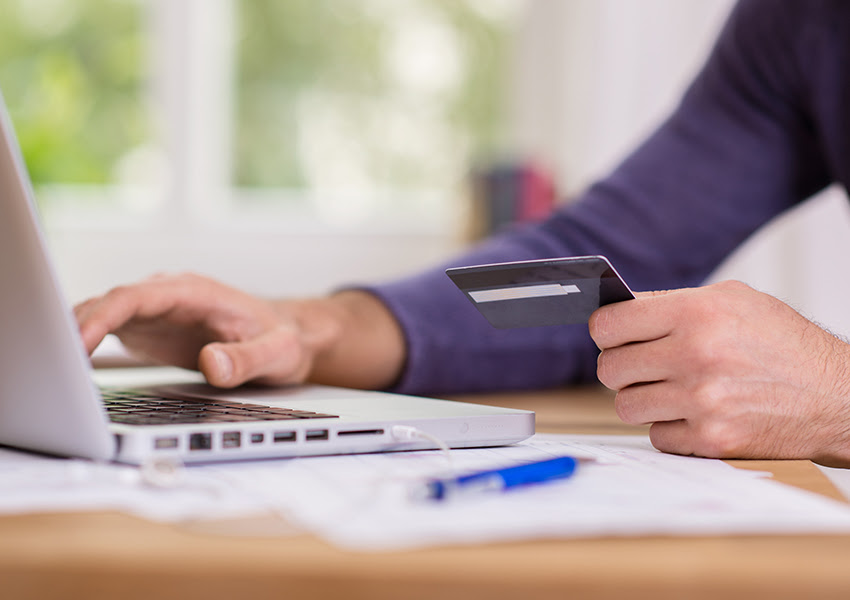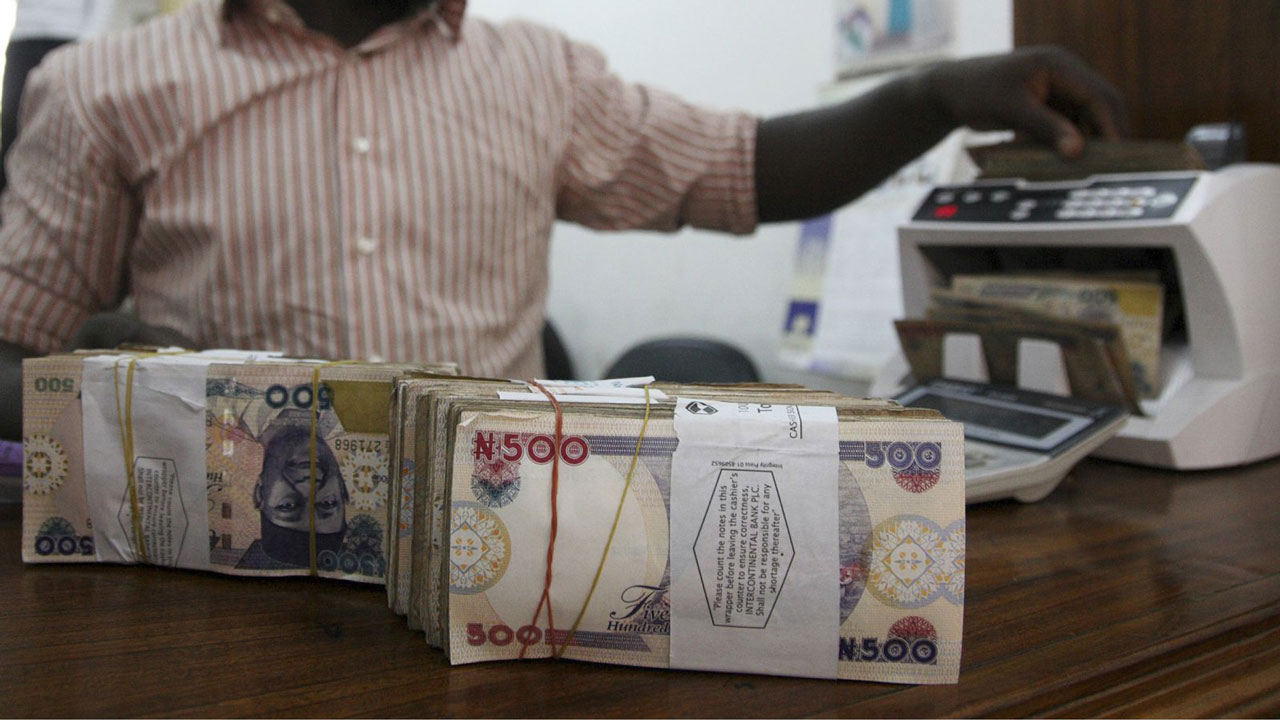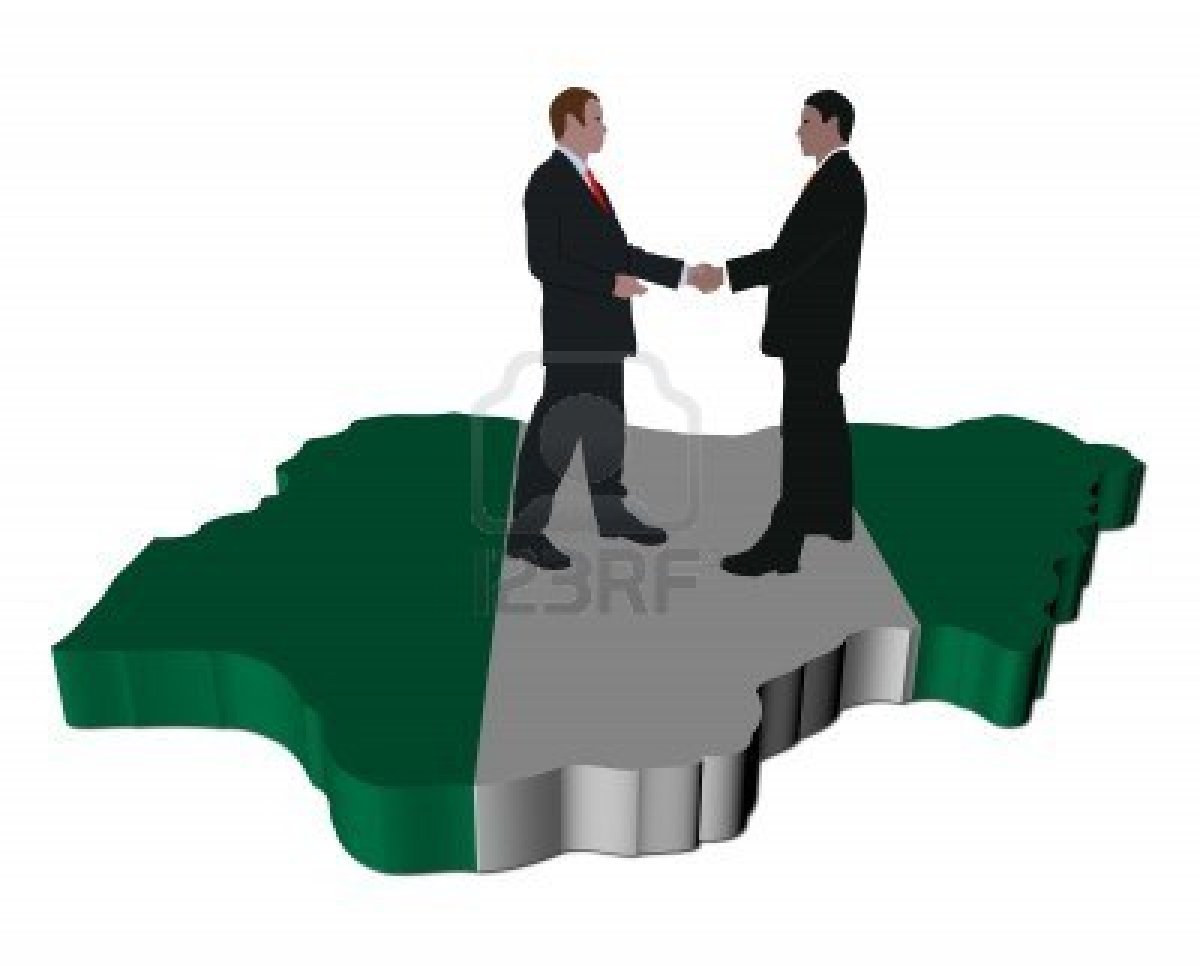Economy
How to Choose an Online Payment Solution as a Nigerian Business
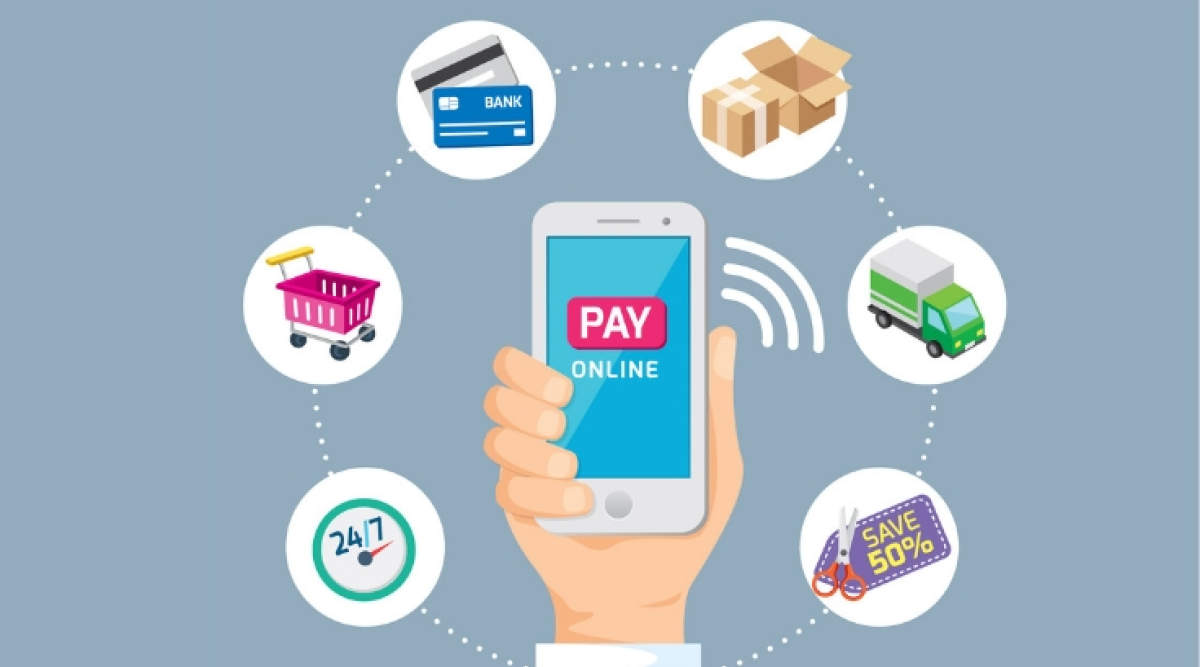
The last decade has seen the profuse digitization of the African business ecosystem.
Digital adoption is even more aggressive in Nigeria as more customers prefer the convenience of transacting business from the comfort of their homes (and smart devices), paying online.
From shopping for clothing to groceries to even betting, very few savours the traditional rigours of queuing up at a physical store, knowing it could all be conducted online.
What does this mean for Nigerian businesses? You would be financially handicapped if you don’t jump on the cashless bandwagon and integrate online payment solutions into your services.
The next question you would want to ask is what parameters you should consider when selecting a payment gateway.
What are the most critical considerations when picking a payment gateway?
We are talking about money here, aren’t we?
If yes, there is no way we can overemphasize the need for diligence when selecting a payment gateway.
Don’t forget that your customer’s payment experience significantly determines if they would do business with you – or even come back after the first transaction.
Below are the core parameters your chosen payment gateway must possess.
Versatility
If the customer is king, then you must give your buyers all the royalty they deserve by integrating payment gateways that work with a broad spectrum of payment methods.
The contemporary Nigerian has debit cards, with the younger fraction fast adopting more digital wallets.
Choose a payment gateway that is minimally discriminatory and works with a vast number of payment methods Nigerian banks offer their customers.
Security
Some decades ago, hacking was more of an American and European malady. The average African internet user didn’t have to worry about his online security.
Much has changed now, as cyber vandals furiously cast their nets online for Nigerian victims. You don’t want to expose your customers to cyber vulnerabilities when they make payments on your website.
This is why you need a payment processor that prioritizes security. Today, the best payment gateways are decked with cutting-edge encryption to make life extremely miserable for hackers.
Formidable apparatus is now being set up in Nigeria, as seen in domestic cybersecurity compliance protocols. Ensure your chosen solution religiously adheres to guidelines prescribed by the office of the NSA.
Speed
It was back in the days of our elders that slow and steady won the race. In a 21st-century Nigerian business landscape, customers want it fast and furious – and rightly so.
Few things can be as appalling to your customers as their online payment taking too long to process on your website.
Choose a payment gateway that boasts top-notch transaction execution speed. And as further icing on the cake, it would help to choose a gateway that will not charge your customers an arm and leg in transaction fees.
No one enjoys paying alarming fees for buying things from you. They will likely not come again if it happens.
Mobile compatibility
You would be mistaken to underestimate the fanaticism of Nigerian youth with mobile devices. The frenetic rave about the latest iPhone phones should adequately educate you on how much your customers love smartphones.
The chances are high that the majority of your Nigerian customers transacting online payments on your website are doing so via their mobile devices.
Therefore, when choosing a payment gateway, choose one that is sufficiently optimized for mobile users.
The payment processor should be fast, fluid, and responsive when customers deploy it on their smartphones.
That said, we have proudly observed the permeation of the Nigerian online space with native fintech solutions. Indigenous payment solutions like Paystack, Flutterwave, and PayU are extensively streamlined to the unique characteristics of the Nigerian business environment.
More than being easy and cheap to install, these payment methods are scalable. This means you pay only for what you use and can ramp things up flexibly as you grow.
It is also interesting to note that the likes of Flutterwave work with more currencies aside from the naira. This opens you to prosecuting international transactions without breaking a sweat.
Not bad, is it?
Economy
Seven Price Gainers Boost NASD OTC Bourse by 2.19%

By Adedapo Adesanya
Seven price gainers flipped recent declines at the NASD Over-the-Counter (OTC) Securities Exchange, raising the alternative stock market by 2.19 per cent on Friday.
According to data, the market capitalisation added N51.24 billion to end N2.389 trillion compared with the previous day’s N2.338 trillion, while the NASD Unlisted Security Index (NSI) climbed 85.65 points to close at 3,994.32 points, in contrast to the 3,908.67 points it ended a day earlier.
Business Post reports that the advancers were led by MRS Oil Plc, which improved its value by N13.00 to N200.00 per share from N187.00 per share, FrieslandCampina Wamco Nigeria Plc gained N7.40 to settle at N91.55 per unit versus the previous day’s N84.15 per unit, Central Securities Clearing System (CSCS) Plc appreciated by N6.08 to N71.00 per share from N64.92 per share, Afriland Properties Plc added 66 Kobo to finish at N17.17 per unit versus N16.51 per unit, IPWA Plc rose 37 Kobo to N4.15 per share from N3.78 per share, First Trust Mortgage Bank Plc grew by 11 Kobo to N1.20 per unit from N1.09 per unit, and Food Concepts Plc went up by 10obo to N3.70 per share from N3.60 per share.
On the flip side, there were two price losers led by Geo-Fluids Plc, which depreciated by 28 Kobo to N3.32 per unit from N3.60 per unit, and Industrial and General Insurance (IGI) Plc dropped 5 Kobo to sell at 45 Kobo per share from 50 Kobo per share.
Yesterday, the volume of trades went down by 92.0 per cent to 3.7 million units from 45.8 million units, the value of transactions fell by 59.4 per cent to N84.5 million from N208.2 million, while the number of deals went up by 7.7 per cent to 42 deals from 39 deals.
CSCS Plc remained the most traded stock by value (year-to-date) with 32.6 million units exchanged for N1.9 billion, trailed by Geo-Fluids Plc with 119.6 million units valued at N470.3 million, and Resourcery Plc with 1.05 billion units traded at N408.6 million.
Resourcery Plc closed the day as the most traded stock by volume (year-to-date) with 1.05 billion units sold for N408.7 million, followed by Geo-Fluids Plc with 119.6 million units worth N470.3 million, and CSCS Plc with 32.6 million units worth N1.9 billion.
Economy
FX Demand Worries Weaken Naira to N1,346/$1 at Official Market

By Adedapo Adesanya
The Naira weakened further against the United States Dollar in the Nigerian Autonomous Foreign Exchange Market (NAFEX) on Friday, February 20, by N4.97 or 0.37 per cent to N1,346.32/$1 from the N1,341.35/$1 it was transacted on Thursday.
Heightened FX demand tilted the market toward the downside yesterday, exerting upward pressure on rates despite efforts by the Central Bank of Nigeria (CBN) to stabilise the foreign exchange market.
Also in the official market, the domestic currency depreciated against the Pound Sterling during the session by N9.39 to sell for N1,815.25/£1 versus the previous day’s N1,805.86/£1, and lost N7.33 against the Euro to close at N1,584.62/€1 compared with the preceding session’s N1,577.29/€1.
The story was not different for the Nigerian Naira at the GTBank FX desk, where it depleted against the Dollar by N7 on Friday to quote at N1,356/$1 versus the N1,349/$1 it was sold a day earlier, but remained unchanged in the black market at N1,370/$1.
It was observed that risky sentiment among Foreign Portfolio Investors (FPIs) contributed to the FX market, amid fears of hot money flight due to capital gains tax and other factors.
As for the cryptocurrency market, it was mostly green yesterday in reaction to a Supreme Court verdict dismissing a fresh 10 per cent global levy by President Donald Trump.
The apex court on Friday described Mr Trump’s global tariff rollout as illegal. The decision did not clarify what should happen to tariff revenue already collected, and it doesn’t necessarily spell the end of the trade agenda, with multiple legal and executive avenues still available.
Litecoin (LTC) grew 2.7 per cent to $55.00, Cardano (ADA) appreciated 2.6 per cent to trade at $0.2815, Binance Coin (BNB) expanded by 2.6 per cent to $627.19, Dogecoin (DOGE) recouped 1.3 per cent to quote at $0.1, Ripple (XRP) jumped 0.7 per cent to $1.43, Solana (SOL) improved by 0.5 per cent to $84.15, and Ethereum (ETH) soared 0.1 per cent to $1,962.78.
However, Bitcoin (BTC) lost 0.2 per cent to sell for $67,850.49, while the US Dollar Tether (USDT) and the US Dollar Coin (USDC) traded flat at $1.00 each.
Economy
Fidson, Jaiz Bank, Others Keep NGX in Green Territory

By Dipo Olowookere
A further 0.99 per cent was gained by the Nigerian Exchange (NGX) Limited on Friday after a positive market breadth index supported by 53 price gainers, which outweighed 23 price losers, representing bullish investor sentiment.
During the trading day, the trio of Jaiz Bank, Fidson, and NPF Microfinance Bank chalked up 10.00 per cent each to sell for N11.00, N86.90, and N6.27, respectively, while Deap Capital appreciated by 9.96 per cent to N7.62, and Mutual Benefits increased by 9.94 per cent to N5.42.
Conversely, Secure Electronic Technology shed 10.00 per cent to trade at N1.62, Sovereign Trust Insurance slipped by 9.73 per cent to N2.32, Ellah Lakes declined by 7.91 per cent to N12.80, International Energy Insurance retreated by 5.56 per cent to N3.40, and ABC Transport moderated by 5.26 per cent to N9.00.
Data from Customs Street revealed that the insurance counter was up by 2.52 per cent, the industrial goods sector grew by 2.28 per cent, the banking space expanded by 1.43 per cent, the consumer goods index gained 1.23 per cent, and the energy industry rose by 0.05 per cent.
As a result, the All-Share Index (ASI) went up by 1,916.20 points to 194,989.77 points from 193,073.57 points, and the market capitalisation moved up by N1.230 trillion to N125.164 trillion from Thursday’s N123.934 trillion.
Yesterday, investors traded 820.5 million stocks valued at N28.3 billion in 63,507 deals compared with the 898.5 million stocks worth N38.5 billion executed in 61,953 deals, showing a jump in the number of deals by 2.51 per cent, and a shortfall in the trading volume and value by 8.68 per cent and 26.49 per cent apiece.
Closing the session as the most active equity was Mutual Benefits with 79.0 million units worth N427.1 million, Zenith Bank traded 44.0 million units valued at N3.8 billion, Chams exchanged 43.9 million units for N182.0 million, AIICO Insurance transacted 42.4 million units valued at N179.8 million, and Veritas Kapital sold 36.0 million units worth N90.6 million.
-

 Feature/OPED6 years ago
Feature/OPED6 years agoDavos was Different this year
-
Travel/Tourism10 years ago
Lagos Seals Western Lodge Hotel In Ikorodu
-

 Showbiz3 years ago
Showbiz3 years agoEstranged Lover Releases Videos of Empress Njamah Bathing
-

 Banking8 years ago
Banking8 years agoSort Codes of GTBank Branches in Nigeria
-

 Economy3 years ago
Economy3 years agoSubsidy Removal: CNG at N130 Per Litre Cheaper Than Petrol—IPMAN
-

 Banking3 years ago
Banking3 years agoSort Codes of UBA Branches in Nigeria
-

 Banking3 years ago
Banking3 years agoFirst Bank Announces Planned Downtime
-

 Sports3 years ago
Sports3 years agoHighest Paid Nigerian Footballer – How Much Do Nigerian Footballers Earn


